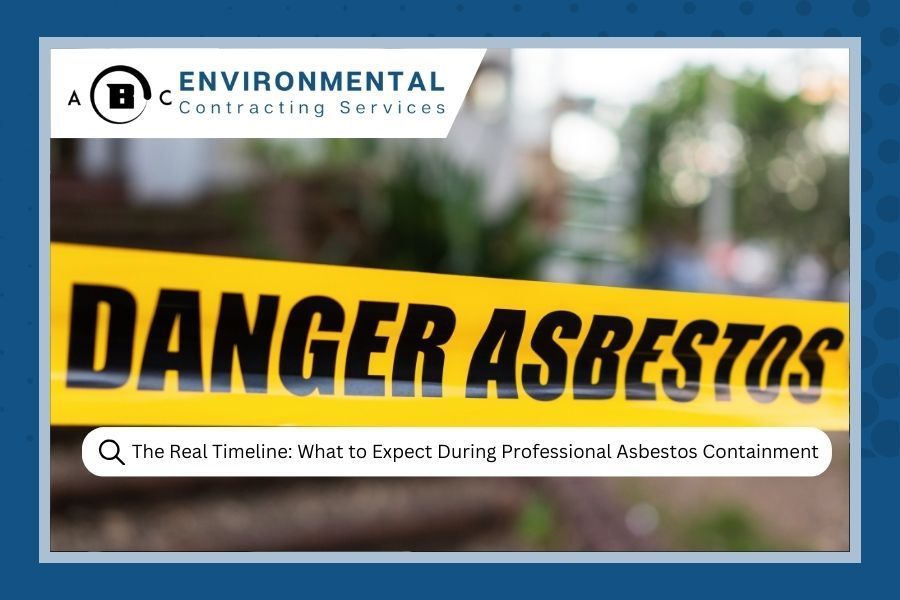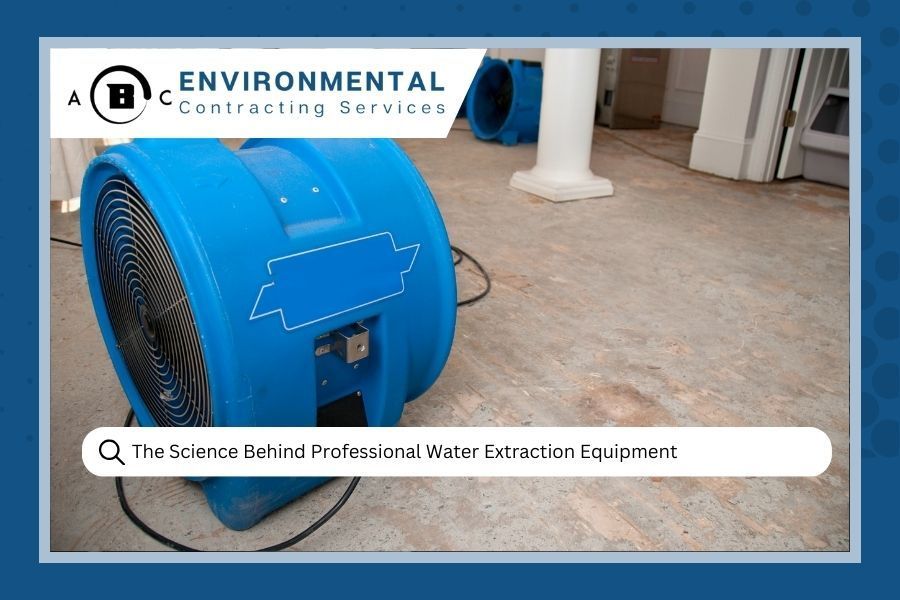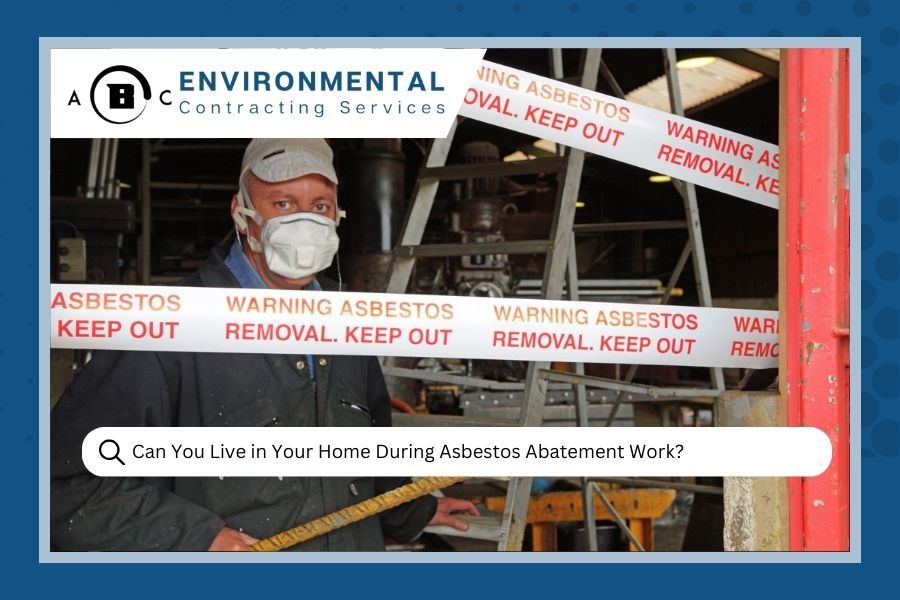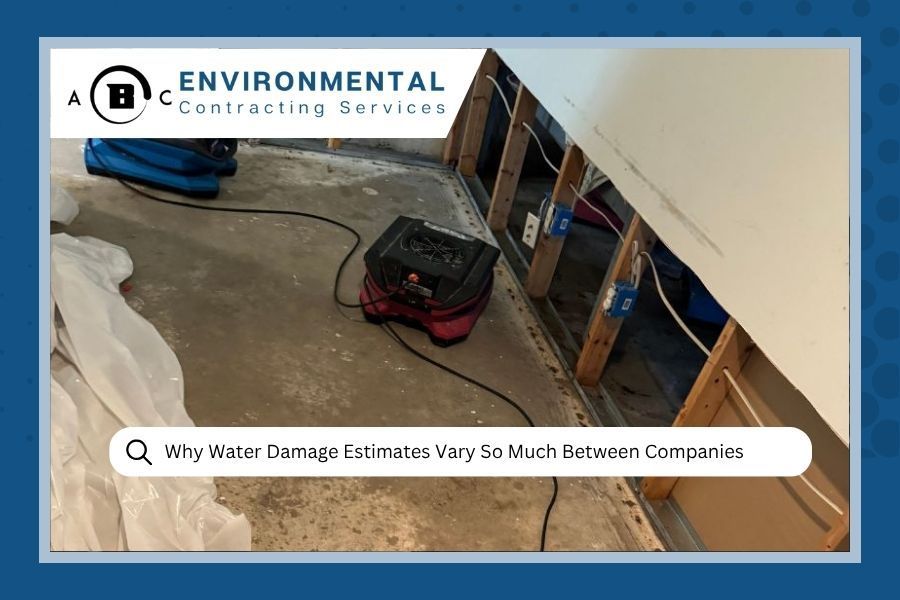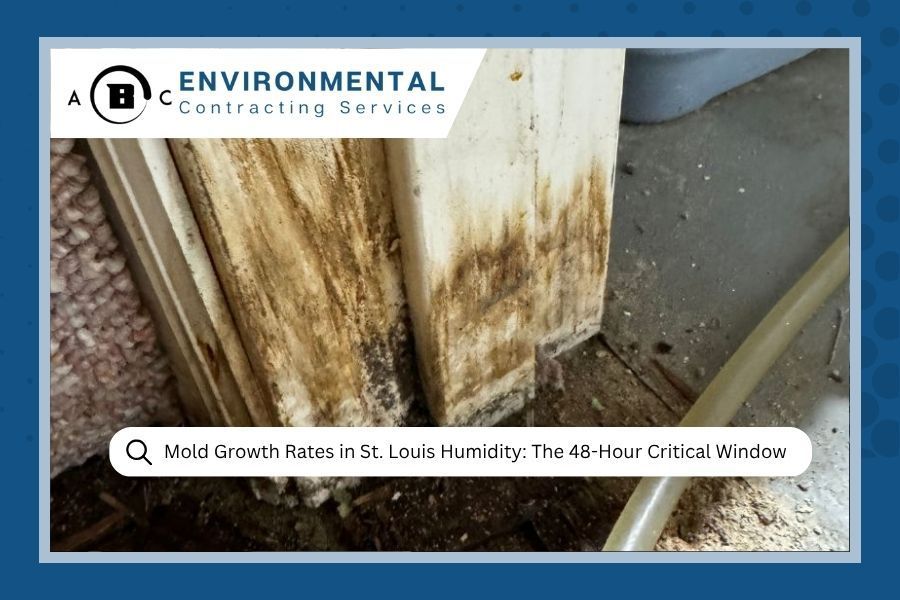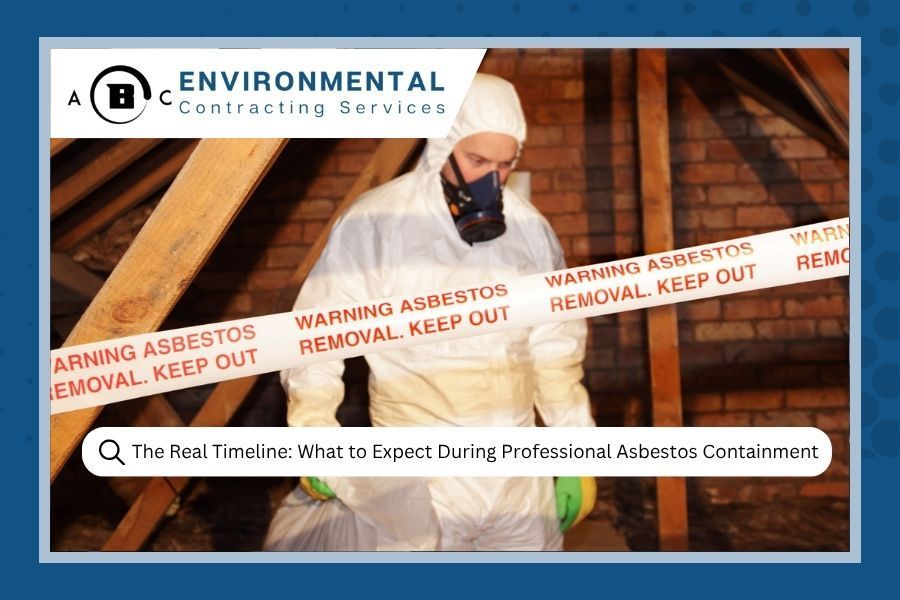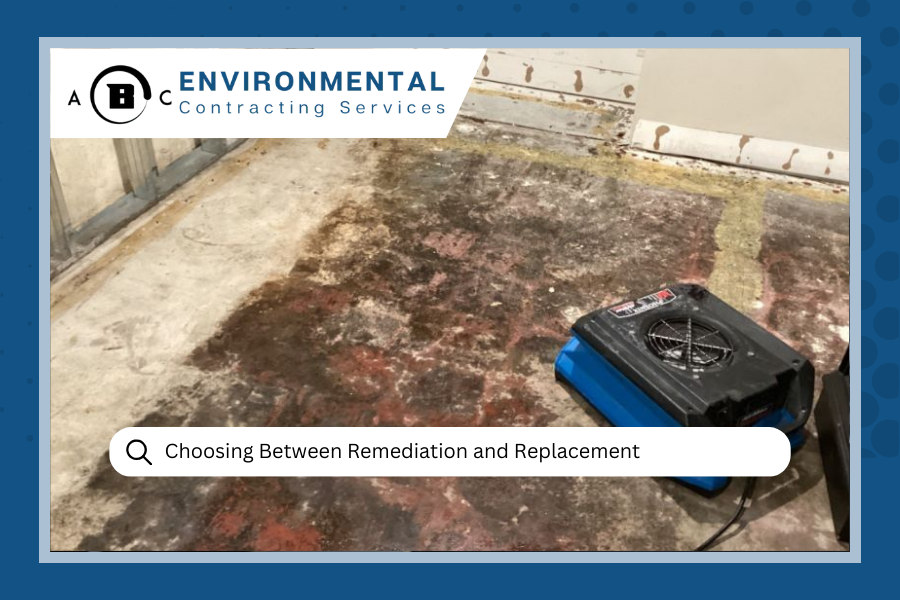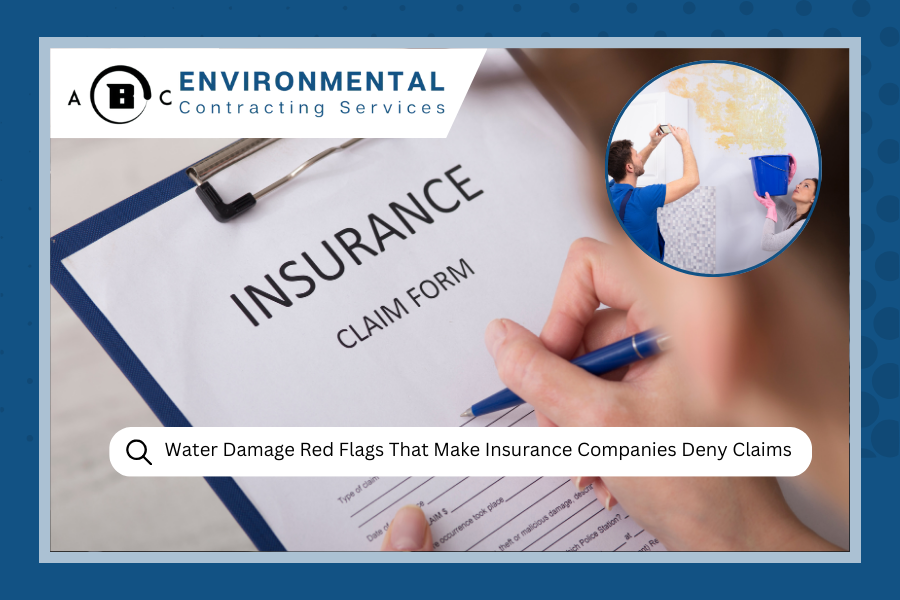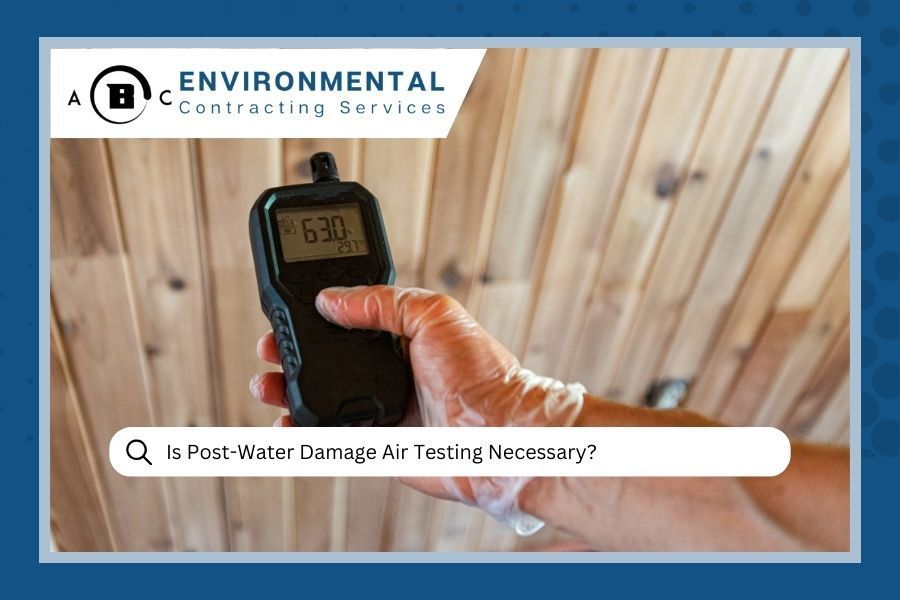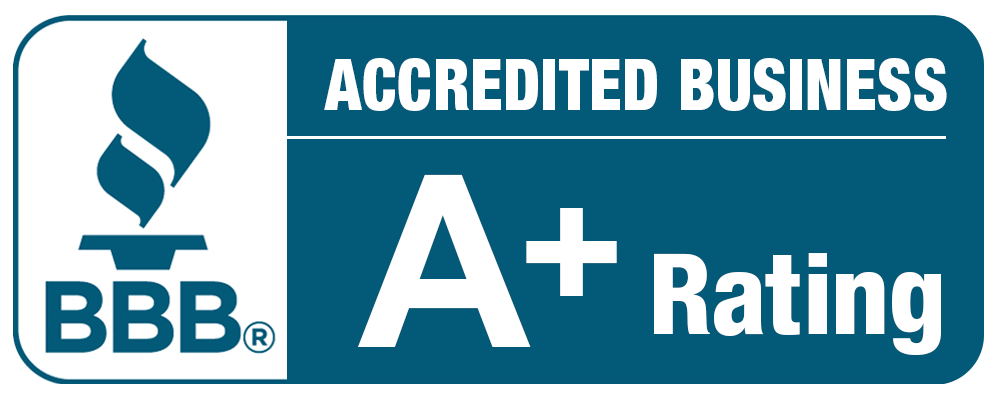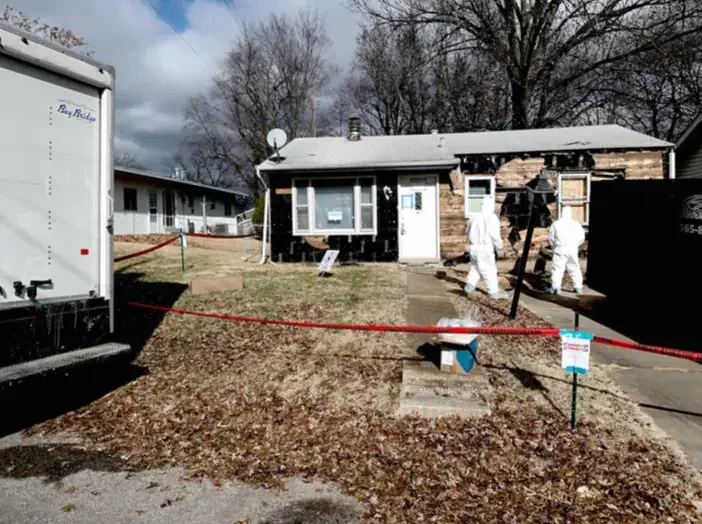
What You Need To Know About Asbestos Disposal
If you think you have an asbestos problem in your home that needs remediating it’s important you know what will be required of you when dealing with the removal of asbestos-containing materials. Asbestos disposal has certain regulations attached to it because of how hazardous it can be to public health. This is especially true if you’re renovating a public building, such as a school. Before you start any asbestos removal or asbestos abatement project, ABC Environmental Contracting Services will be there to help clients in the St. Louis are and advise them through the process and let you know what they need to know about asbestos disposal regulations.
Asbestos Disposal Regulations
To understand the requirement for asbestos removal is to first understand the rules and regulations on asbestos-containing materials that are mostly brought on by the EPA. The EPA website contains a complete list of the laws and regulations associated with asbestos that the EPA has implemented. The main thing is to know that the requirements for asbestos disposal depend on the type of asbestos-containing materials (ACM). These fall into the categories of friable and non-friable materials. For a material to be friable, it means it can easily crumble, releasing asbestos fibers into the air. Non-friable materials do not crumble. Both of these are associated with their own regulations.
- Friable materials: As required by the EPA, all friable ACMs should be removed before a renovation, they should be properly wetted before and after they’re handled, and they should be handled in an approved manner. The EPA should be notified before the planned renovation or asbestos disposal in St Louis. Because friable materials are more likely to contaminate the air, the regulations are stricter and professional help is highly recommended.
- Non-friable materials: These ACMs fall into two categories. Category 1 includes materials like gaskets, resilient flooring, and asphalt roofing that contains more than 1% asbestos. These need to be tested for friability to see if they’ll be put on the same regulations.
Category 2 non-friable materials include any other materials containing more than 1% asbestos, such as cement siding or transit board shingles, that have been exposed or damaged by extreme weather conditions.
What Are The Requirements for Asbestos Disposal?
One more big thing to know is that before you begin an asbestos removal job is the paperwork you must have. You must complete the “Asbestos Project Notification” that is available from the St. Louis Air Pollution Control Program before you start the project. It should be submitted at least 10 days before the job starts. The St. Louis Air Pollution Control Program will review your document to ensure your project is compliant to their rules and send you an approval letter. You cannot start a job without this letter.
And lastly, any asbestos waste removed should be disposed of in a proper manner. The asbestos waste should be brought to an approved sanitary landfill by a professional and even non-friable materials should be brought to an approved solid waste landfill.
Read About - Safety Tips For Removing Asbestos
Stay Informed on Asbestos Disposal
The number of laws and regulations related to asbestos disposal can be very overwhelming for whenever you start a job. It’s important to remember that these are put in place to ensure the safety of those in your building. ABC Environmental had a wide range of experience dealing with asbestos removal and asbestos abatement jobs so they can be that guiding hand that can show you how to properly conduct your procedures for an asbestos disposal job.
You can
contact us today using our number at 314-582-2256 to get a free estimate and starting a discussion about your
asbestos removal project.

